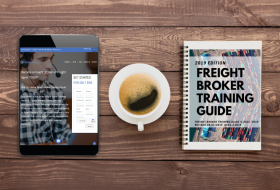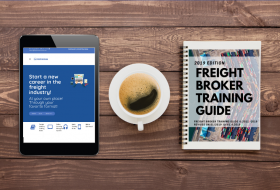A bond underwriter is typically a department of a large insurance company that has several different lines of insurance. These people are in the business of checking for the likelihood that they will have to pay out money on behalf of one of their insured clients because of an accident or unforeseen failure. Needless to say, they make profits by not having to pay out money. When you apply for a surety bond, do everything you can to look like a safe bet. This includes providing all information required. Always be available to answer questions, and call your underwriter’s representative to check in to make sure there are no questions that have gone unanswered and that the application is moving forward swiftly.
Instructions
1
Compile a due diligence book for your company. Include a concise history of your company and its key achievements; full biographies of all executives and management personnel; biographies of other key employees who will be involved in the project requesting a surety bond; and concise descriptions of all contracts for the past three years, with start and completion dates, price and project manager contact information. Also provide concise descriptions of current work, copies of certificates of insurance for your company, bank references and lines of credit, supplier references, current financials and the past three years’ financials, and a schedule of accounts receivable and accounts payable.
2
Commission an audit of the financial reports you will be submitting. Unless specifically requested, a certified public accountant’s audit should be adequate. If you are in a business where you are regularly required to apply for surety bonds, you should have your CPA do a yearly audit, with an opinion.
3
Keep your due diligence book updated and in digital format on your computer so it can be used each time you apply for a surety bond. Since it is a large task to compile such a document, start on it before you need to produce the information.
4
Maintain contact with all surety companies that examine your company. This makes future applications much easier and quicker, and may give your company an advantage over a competitor in bidding for a contract.
5
Use conservative language in communicating with the bond underwriter. Keep your documents free of hype and promises. The underwriter wants to feel your company is serious and reliable enough to complete the project within budget and on time.







